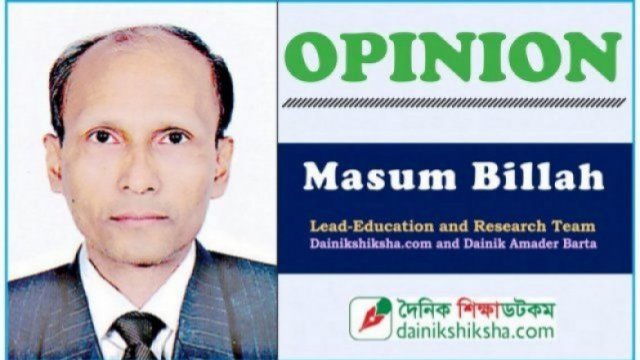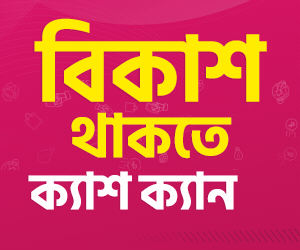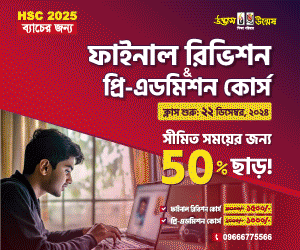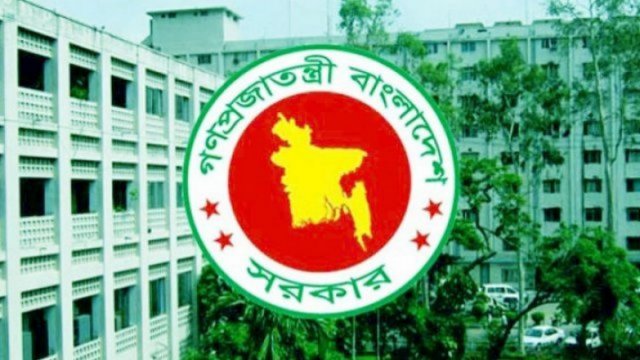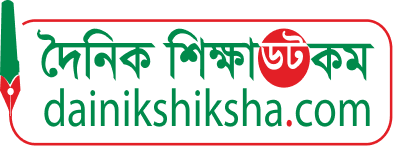Directorate of Secondary and Higher Education (DSHE) has existed for long as a vast size institution manned predominantly by cadre service teachers who belong mostly to college. If Secondary level teachers have been included in the cadre service, firstly the quality of education of this tier would have developed and secondly most of the existing complexities and problems would have been resolved through the direct representation of secondary level teachers in the DSHE. In cadet colleges, lectures, assistant professors and associate professors conduct classes from grade seven to twelve contributing to widening students’ horizon of knowledge. My discussion with government school teachers unveils the fact that college teachers who work on deputation at DSHE and other educational bodies don’t want secondary level teachers to work beside them; they rather want to dominate the entire gamut of education bodies insinuating a rift among them and secondary teachers’ lack of skills to work in those establishments. In previous times, we can remember, several secretaries wanted the top positions of DSHE to be occupied by bureaucrats instead of cadre teachers hinting that teachers hardly show their efficiency in running the administration. I vehemently protested the decision several times highlighting the issue that education administration must be run by teachers. Even the highest rank of the army education core is occupied by army education core officers. Against this backdrop, the secondary level teachers want DHSE to be divided by two directorates namely ‘ Secondary Education Directorate’ and ‘ Higher Education and Research Directorate’ referring to the proposal of 2010 Education Policy of Bangladesh. Secondary is a very important tier of education that paves the way for students to go to higher education. The number of institutions, teachers and students in the secondary level already proves overburdened. Only one directorate finds it really difficult to deal with thousands of works and problems of secondary, higher secondary and higher education simultaneously. Hence, the sign of inefficiency and disputed decisions and lengthy process of work continue in this directorate that calls for a bigger change.
More importantly a separate directorate for technical education has been established that looks after merely 1200 technical educational institutions and similarly for 9656 madrasas a separate directorate works. Secondary level educational institutions count more than twenty thousand that clearly tells to make a separate directorate for it. The education policy of 2010 also says that there would be a separate education directorate for secondary level (Education Policy 2010, page 64). However, till today (February 2023) no such effort has been discerned. Bangladesh National Commission for UNESCO, Ministry of Education, arranged a seminar at NAEM on 22nd June 1999 under the title `Education For the 21st Century’ where a recommendation was made to build a separate secondary education directorate. In this regard we can remember that Primary Education Directorate was also under DSHE which is now a separate entity. In the DSHE 80 percent staff comes from college that might the cause of not being resolved for years the secondary level complexities.
A series of unresolved issues lie for government school teachers and many more for non-government teachers. Three thousand teachers’ pay scale and their arrear timescale/selection grade according to 2015 pay scale have not been addressed yet and to develop a career path creating entry level as ninth grade for assistant teachers has been long overdue. They also want that assistant teachers should be promoted to senior teachers after a reasonable timeframe and that should be almost similar to Government College and government primary school teachers and all senior teachers’ status to be upgraded into first class gazette officers. Chair based ( assistant head teacher, head teacher)promotion system to be abolished and grade based promotion system to be introduced like assistant head, assistant district education officer, district education officer. The rest of senior teachers of 2010 batch and all 2011 batch teachers to be promoted to first class status. And the teachers who have already completed 12/15/18 years of service but have not got time scale / selection grade or higher grade, quick measures to be taken for them. Grade change of the current assistant head teacher and assistant district education officer and the designation should be changed.
In Bangladesh the first pay scale was formed in 1973 in which the assistant teachers of secondary level and the then PTI instructors were in the same status (the sixth grade) when the number of grade was 10 instead of today’s 20. Thana Education Officer, Thana Social Welfare Officer and Sub Registrar were in the same grade. In 1985 pay scale assistant teachers and PTI Instructors were still in the 10th grade and Upazila Education Officer was in 11th grade. In 1991 pay scale assistant teachers’ grade was kept in 10th, however PTI Instructor’s position was upgraded into ninth grade and first class gazette status. In 2005 pay scale the secondary level assistant teacher’s status was still kept in the 10th grade though the position of other departments was made the 9th grade. After implementing the pay scale of 2015 the teachers of government schools saw problems in doing their pay fixation in terms of their salaries and allowances. They tried to get it settled by visiting relevant education units but of no avail. They have been deprived of time scale and selection grade. The poor and imbalanced representation of secondary level teachers in the DSHE can be attributed to these long standing issues.
The areas and nature of the problems mentioned in the above paragraphs highlight only financial and professional benefits of the teachers and teacher leaders who mostly raise. We, of course, sincerely want to banish all sorts of disparities and imbalances lying in education sector. We also strongly want to rectify the existing dilapidated condition of education that has not seen even a single space in the list of demands government secondary level teachers and leaders always raise. A parallel point comes to the forefront that the government secondary schools teachers witness an unmatchable situation giving hints of their underestimation by college teachers. Similar thing will happen to lakhs of non-government secondary school teachers as the current rules and practice don’t allow any space for non-government teachers to represent them in the proposed Secondary Education Directorate. No such point has seen any place in the discussion and demands of government secondary level teachers even a single time. Non-government secondary level teachers constitute the majority part of education but they have been deprived of state facilities for long, of course, some factors work behind it. Still, we can see that their deprivation and degree of negligence may further widen when only government school teachers have postings in the secondary education directorate. The point of inclusiveness has not been mentioned in the demand list. Already an underlying humming airs that non-government teachers are less qualified, even though this assumption doesn’t have factual base in all cases. If implemented, the new directorate must include qualified non-government teachers as well without creating any rift among the teachers because of their affiliation to government and non-government institutions. Another important thing must be taken into consideration that teacher organizations’ clamoring for individual and professional benefits hardly draw the attention of the guardians and people related to education. Their demands will gain support of all when the real contribution of teachers to the cause of education and quality education can be proved and shown.
Writer: Lead-Education and Research Team, Dainikshiksha.com and Dainik Amader Barta
